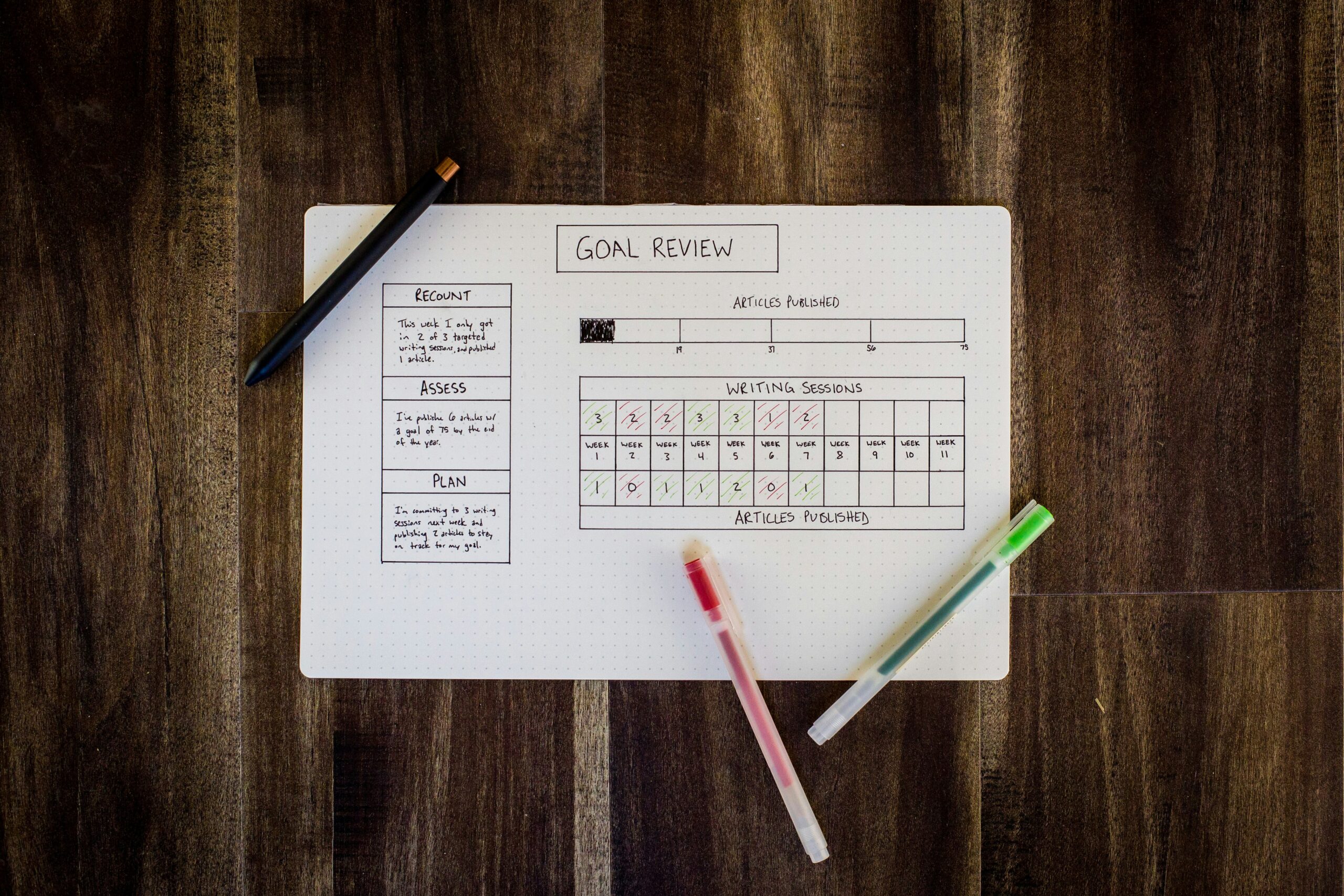1st and foremost, not every family is horrible. Not everyone experiences trauma around their family of origin. However, there are a lot of folks that spend years working on cultivating a healthy sense of self which sometimes feels diminished around family. These feelings can be heightened around the holidays for a variety of reasons. Many include stress and expectations around tradition and rituals. How can we spend time with our family and feel like we don’t slip into old patterns that no longer serve us? In addition to this post, Set yourself up for holiday success by reducing stress, let’s look at other ways to prepare and be present.
Preparation
- Stick to your boundaries. Many people think that boundaries are designed to keep people out but in fact, they keep you safe. If you don’t want to go to an event and you want to say no, there are two ways you can decline…(1) “I can’t make it,” and (2) “I can’t make it.” Role play with a loved one or your therapist as to what it could sound like or look like to decline an invitation. This can help you practice assertive responses so you can gain confidence in using them. Also get ready to assert yourself more than once since people push boundaries.
- Allow space for memories. Memories can show up as feelings, thoughts, or behaviors. If you can find a quiet corner, journal your experience in the moment (pen to paper or the notes app on your phone). If we allow these memories to exist, we can also allow ourselves to have compassion and kindness to our experience.
Presence
- Tune into and attend to your body. Rest, exercise, liquid intake. Exercise doesn’t have to mean running the local holiday 5k, it can be dancing in your room, following a yoga YouTube tutorial, or walking around the yard. Limiting alcohol and caffeine is important as they can both stimulate your nervous system, heightening any of your trauma responses.
- Sleep hygiene. More on this here. For the sake of trauma reminders, I’m thinking about those who have no choice but to sleep in their childhood home. If this room is not representative of a safe space, bring items that can create a sense of safety (favorite blanket, essential oils, sound machine). These materials have been predictable, reliable, and have afforded you a sense of healthy sleep! If possible and prioritized, stick to your typical bedtime routine and sleep schedule.
- Talk to yourself. Out loud, in your car, or while you’re walking up the path to your relatives house. Your voice matters and if you can audibly hear yourself, it is a way to feel centered to the essence of you. You can comfort yourself with a meaningful positive affirmation, a favorite quote or song lyric, or a mantra. Some of my favorites are “be gentle,” “you’re doing your best,” “breathe,” “you’re safe.”
- Ground yourself in the here and now. An easy mindfulness technique is to bring awareness to your surroundings. Be prepared to lean into all of your senses and start with both feet on the ground. Name 5 things you can see, 4 you can touch, 3 you can hear, 2 you can smell, and 1 you can taste. I also encourage people to start this in everyday practice so when you are feeling triggered, you don’t have to remind yourself of the instructions and you can jump right into the activity.
End game
- Create a flight plan. Worst case scenario hits. All of your go-to coping skills have failed you (deep breaths, hiding in the bathroom for a bit, squeezing the amethyst stone in your pocket). You can…*drum roll*…leave. Acknowledge your fear of letting people down or disappointing people. You have zero control of how someone responds and you need to feel safe. If you’re hosting, retreat to your room (which you have previously labeled as off limits to your guests), and spend whatever time you need to reset.





